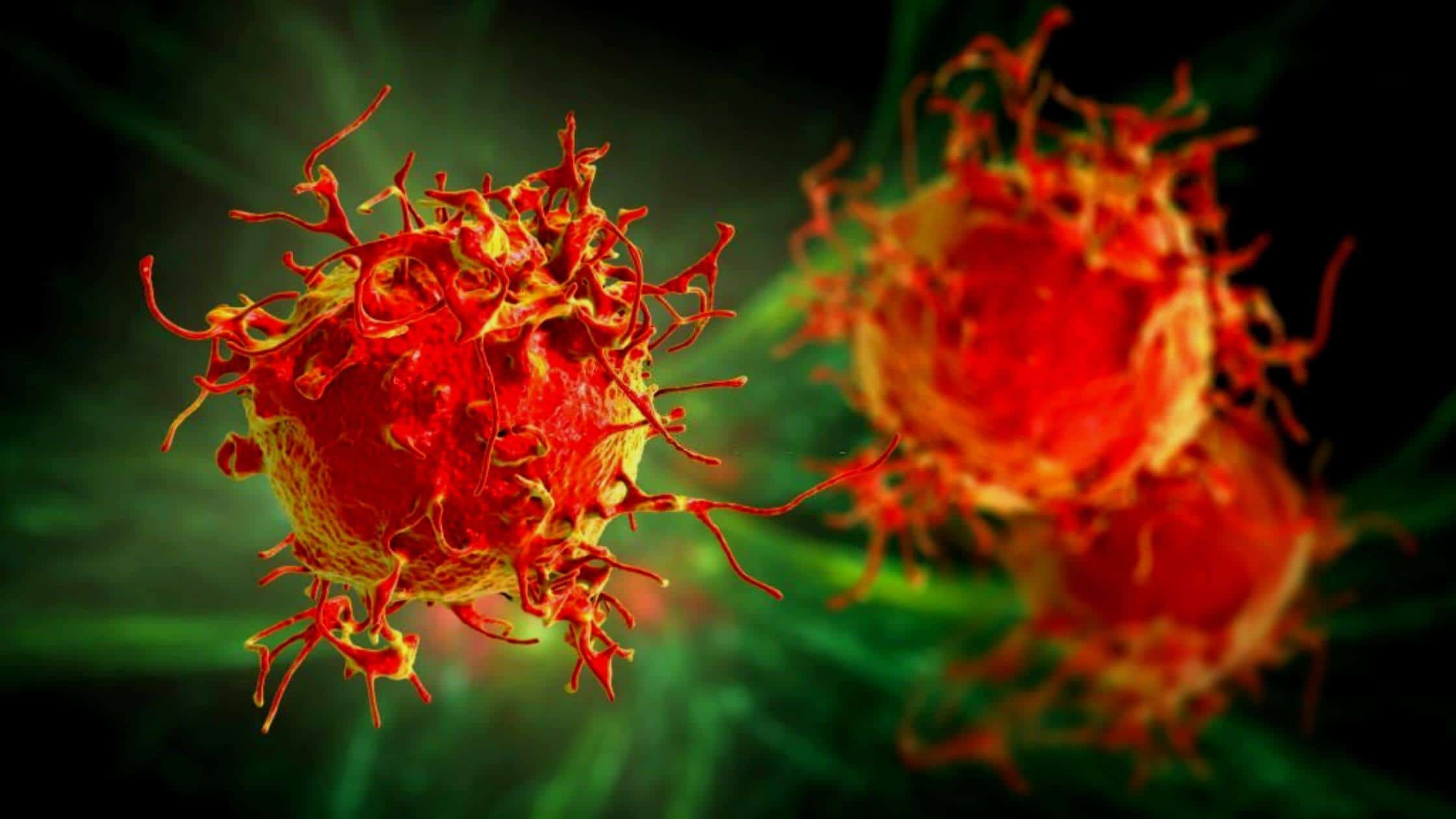A New Method To Reduce The Dormant Melanoma Cells Resistance: Recent Findings
Teresa Breaux | Last Updated : September 23, 2022Melanoma is one of the serious types of skin cancer. Cancer develops from Melanocytes which are the cells responsible for skin pigmentation. One of the specialties of Melanoma is that even after removing the tumor, it can become metastatic.
This means the tumor can move into other body parts. But for the last 10 years, we have developed some small molecule-based therapies.
These mechanisms employ some specific drugs that can fight the tumor by making the metastatic melanomas genetically vulnerable to being attacked. Thereby this process can be safely removed or even eradicated.
A New Technique To Weaken The Resilience Of Latent Melanoma Cells
The recent discovery from a group of Swiss scientists at the University of Geneva (UNIGE) and the University Hospitals of Geneva (HUG) provides hope in this regard. They have found that Melanoma patients go under relapse due to the presence of some “dormant” cells which are unresponsive to the treatment. They have found out that these cells under-express a protein called HuR.

The Swiss team has succeeded in their venture by decoding this insufficient expression by attacking it with some enzyme inhibitor. This has proved to create a reduction in therapeutic resistance among all melanoma cells. As per the results published in Biochemical and Biophysical Research Communications, this can create a new hope in treating metastatic melanoma and other solid cancers effectively.
More from Powdersville Post:
🔵 How To Find If Melanoma Has Already Captive You?
🔵The Cancer-Fighting Potential Of Opsins: Study On Melanoma Treatment
Scientists call the recurrence that leads to the relapse of melanoma “adaptive resistance”. This means the cancer cells of melanoma adapt against the drugs that are used to eradicate them, resulting in a recurrence of cancer in the patient. According to these scientists, this happens due to the presence of some small ‘dormant’ malignant cells that cannot be detected by conventional radiology tools.
The specialty of these cells is that they can proliferate slowly. So they can stay evaded in the first sessions of treatment. But researchers have found the presence of a protein in these cells known as HuR proteins that are insufficiently expressed. This led these researchers to know more about the link between these HuR proteins and melanoma cells that evades treatment.
The Swiss team succeeded in preventing the insufficient expression of these HuR proteins using a chemical compound to inhibit enzymes. This can result in reducing melanoma cells’ capacity to fight against treatment. But for the scientists, the great difficulty was to work on these types of cells as they were not visible easily. To deal with this problem the scientists over-expressed the proteins in melanoma cells so that they can be more easily visible.
According to Rustin Merath, a researcher at the Department of Medicine at the UNIGE Faculty of Medicine and Head of the Oncodermatology Unit at HUG, 80% of patients suffering from Melanoma have the chance of the recurrence of cancer. But the discovery has shown light into melanoma research and it is hopeful. In Merath’s words, “This discovery opens new perspectives in the treatment of melanoma, but not only. Melanoma is a model cancer: if we understand it, we can understand many other types of solid cancers”.
Melanoma is one of the most invasive skin cancers with the highest probability of death. The new invention from the Swiss scientists has revolutionized the medical field in treating Melanoma effectively. Further progression will include incorporating pharmaceutical companies to ensure the bioavailability and optimization of inhibitors for the identified kinases. Anyway, the world is in great hope after this newfound discovery by Swiss scientists. We can hope that a new light is at the end of the tunnel in the field of Cancer research, and all thanks to the Swiss team!
References:
🔵National Library Of Medicine (n.d) Dormancy of metastatic melanoma (Available On):https://www.ncbi.nlm.nih.gov/pmc/articles/PMC2821074/
🔵WebMD (2005-2022) What Is Skin Cancer? (Available On):https://www.webmd.com/melanoma-skin-cancer/understanding-skin-cancer-basics
Teresa Breaux is a renowned health practitioner who serves as a social worker. She expertized in treating eating disorders and focuses mainly on family-based treatments. Apart from working as a health practitioner, she even provides public awareness through her writings and blogs. Her content includes methods by which you can make delicious and healthy recipes. She is so passionate about writing, especially on issues with eating habits and the importance of eating healthy. If you are someone who loves healthy tips to make your life better, then you must have run across her blogs. You can visit her website and even follow her on social media platforms like Twitter and Instagram.